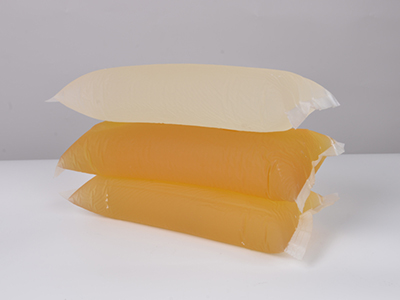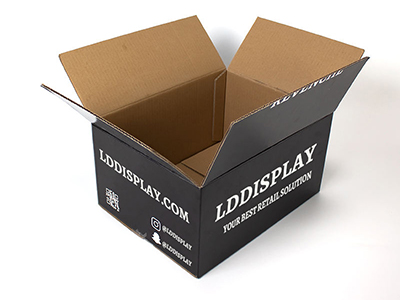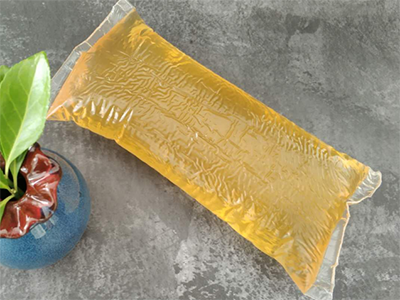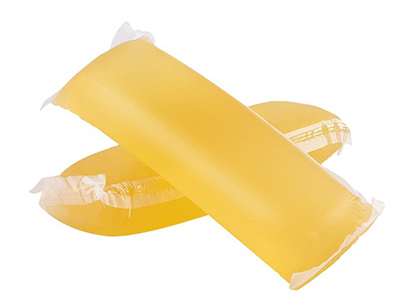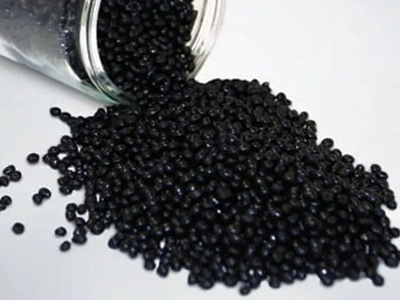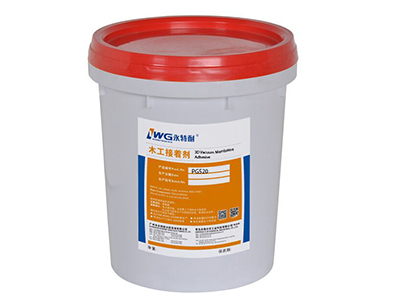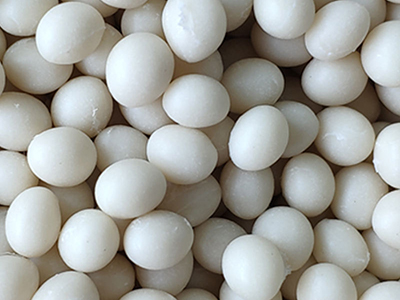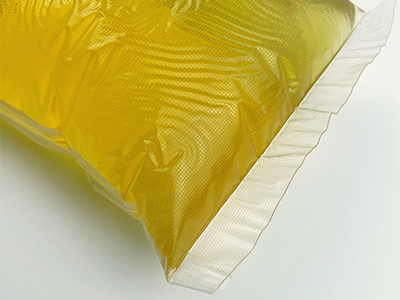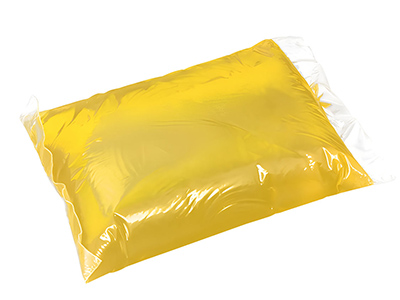How Long Does Pressure Sensitive Adhesive Take to Dry?
Introduction Pressure sensitive adhesives (PSAs) are widely used in a variety of applications due to their ease of use and strong bonding properties. Unlike traditional adhesives that require curing time, PSAs bond instantly with the application of pressure. In this article, we will explore how long it takes for pressure sensitive adhesive to dry, the


